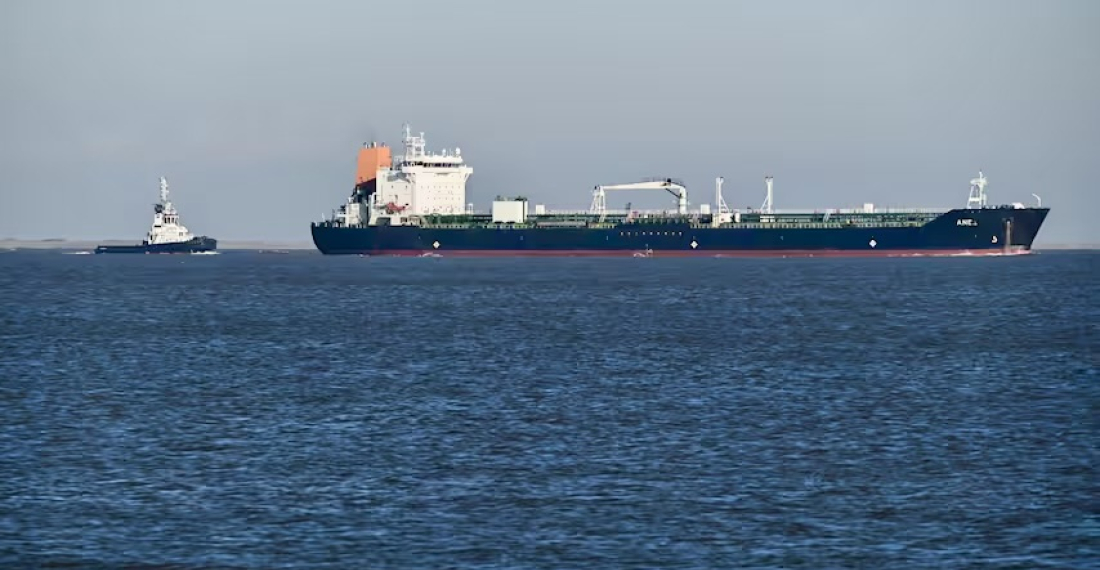The European Union is seeking to reduce the price cap on Russian oil from $60 to $45 per barrel. This should make it more difficult for Russia to finance its war against Ukraine. The EU also intends to discourage investment in the Nord Stream 1 and 2 gas pipelines.
These measures are set out in a new package of sanctions announced by European Commission President Ursula von der Leyen on Tuesday.
This is the eighteenth package of sanctions against Russia, and once again, Brussels is targeting oil revenues. Russia relies on oil exports for a third of its income.
This is why the EU introduced a price cap a few years ago. Since then, Russian oil has not been permitted to be sold for more than 60 dollars (52.50 euros) per barrel. Brussels now wants to lower this maximum to 45 dollars.
The previous price cap was introduced by the EU alongside other countries, including the United States, the United Kingdom, and Japan. Brussels did this under the umbrella of the G7. This time, the EU also intends to collaborate with this alliance of countries, which will shortly discuss the measure.






